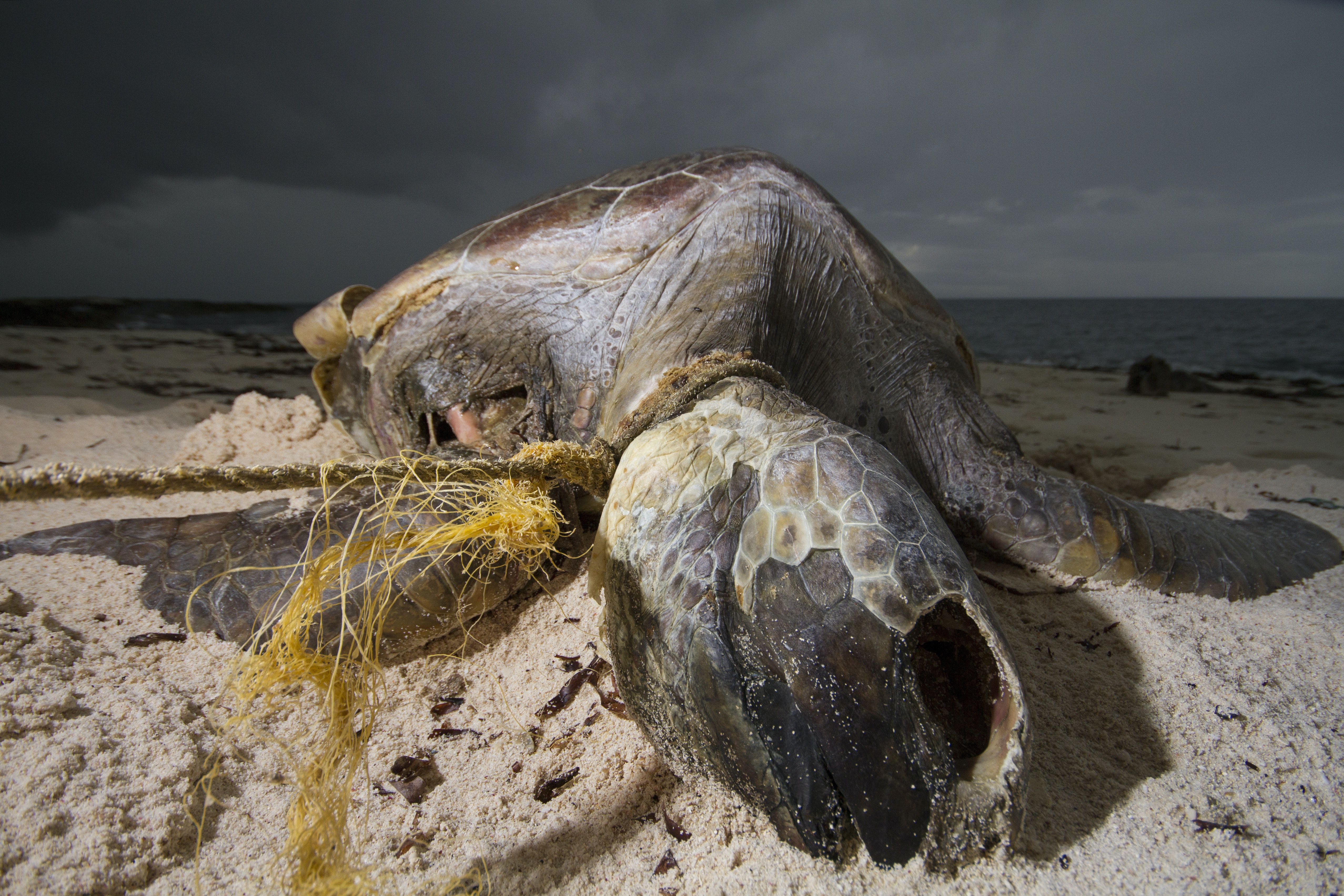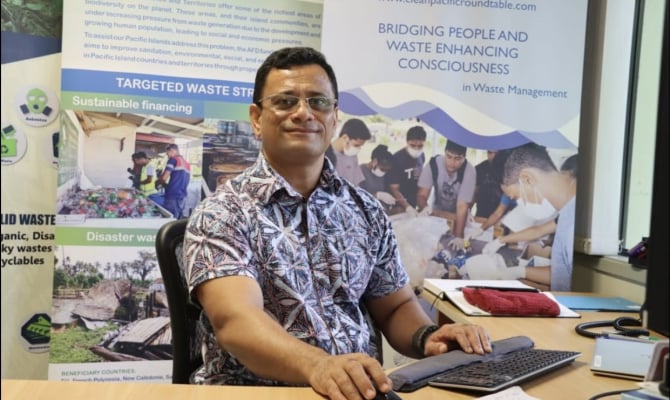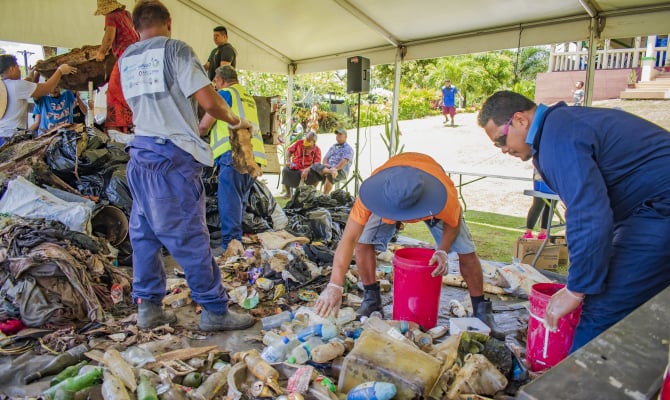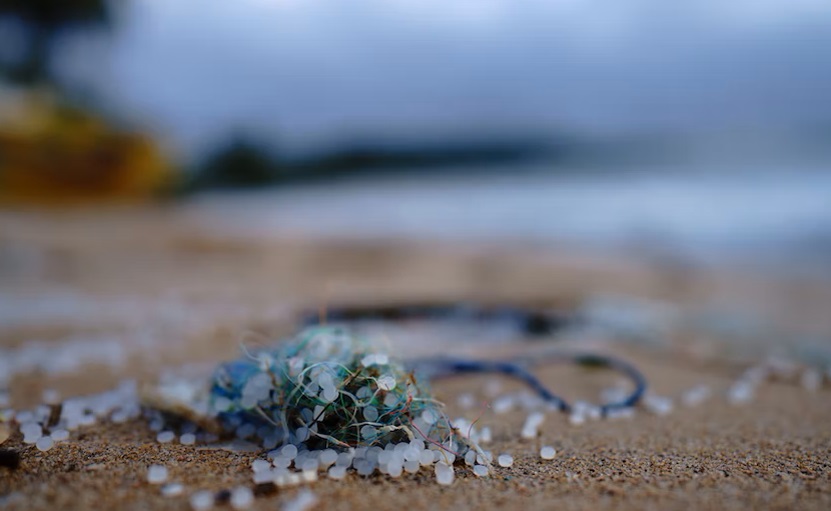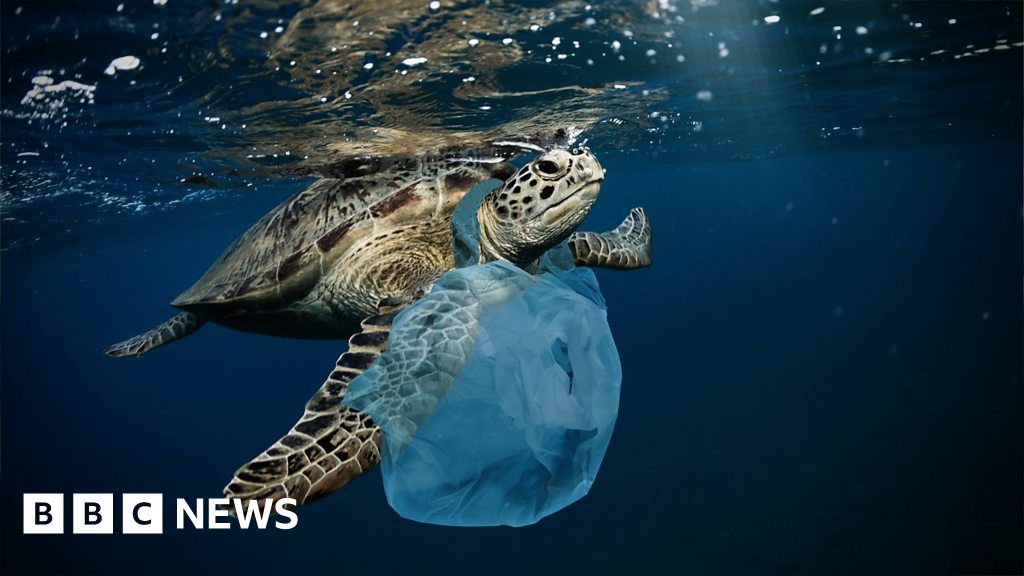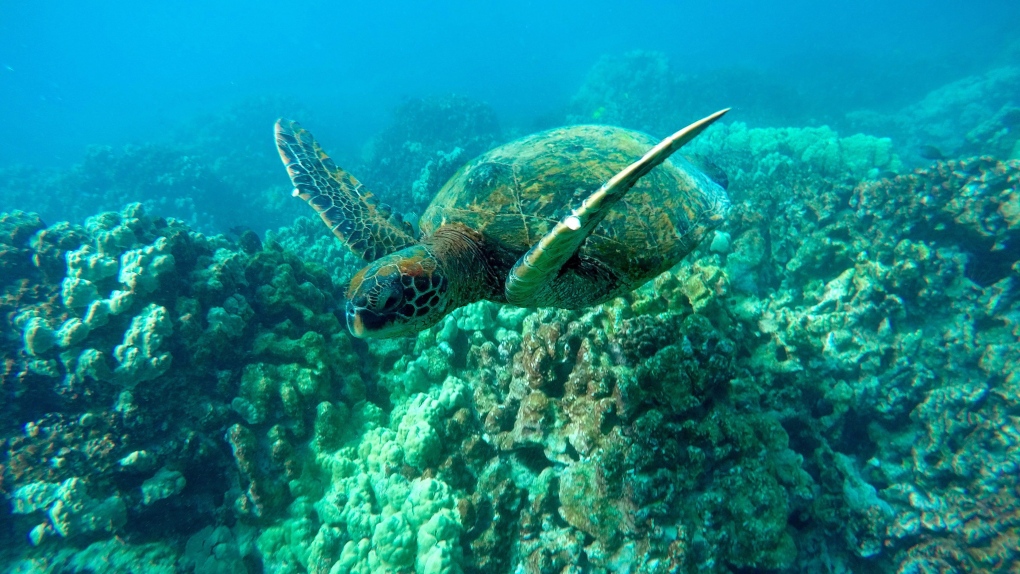Plastics - ISLANDS
Group
Group content visibilityJoin method
270 members
Access permissions
Group visibilityPublic - All visitors of the platform can see this group
Public - visible to all visitors to the platform.
Request to join - users can "request to join" this group which group managers approve/decline.
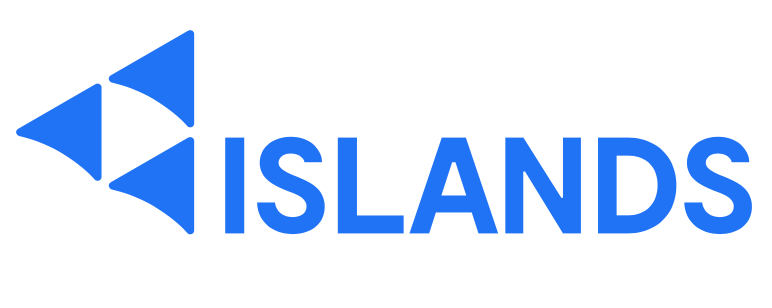
This ISLANDS Plastics Community of Practice provides space for exchange on plastic recycling and addressing plastic pollution in SIDS and countries with SIDS-like territories.
Group members are welcome to share all experiences and information, including on policy and market-based approaches, advocacy initiatives, materials and manufacturing innovation, case studies, life-cycle assessments, and plastic recycling cooperatives and business models.
Group members are welcome to share all experiences and information, including on policy and market-based approaches, advocacy initiatives, materials and manufacturing innovation, case studies, life-cycle assessments, and plastic recycling cooperatives and business models.
Upcoming Events
Informative message
No events found.
Plastics - ISLANDS
Created a Post in Plastics - ISLANDS
2 years ago
Created a Post in Plastics - ISLANDS
2 years ago
Created a Post in Plastics - ISLANDS
2 years ago
Created a Post in Plastics - ISLANDS
2 years ago
Created a Post in Plastics - ISLANDS
2 years ago
Created a Post in Plastics - ISLANDS
2 years ago
Clara Mottura commented on Julie Pillet's Post in Plastics - ISLANDS
Created a Post in Plastics - ISLANDS
2 years ago
Created a Post in Plastics - ISLANDS
2 years ago
Created a Post in Plastics - ISLANDS
2 years ago
Created a Post in Plastics - ISLANDS
2 years ago
